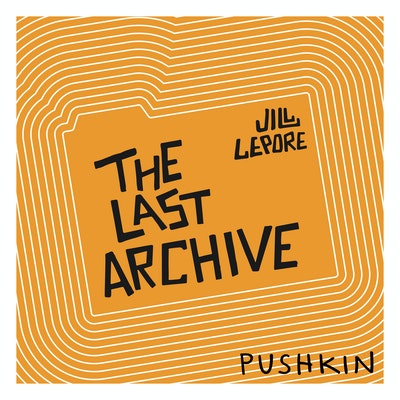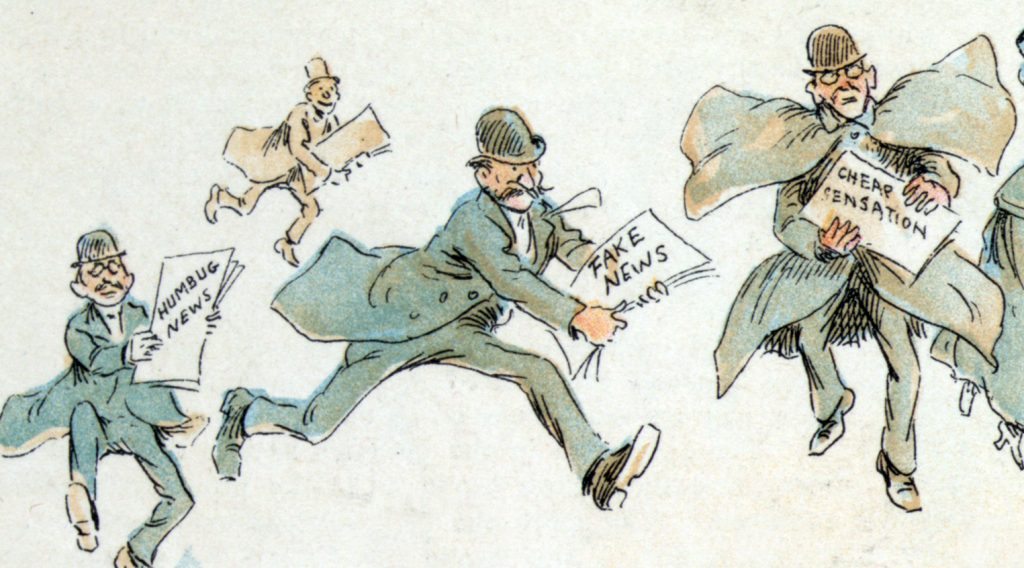
I recently listened to an episode of the podcast, The Last Archive. Hosted by Harvard historian and New Yorker columnist, Jill Lepore, The Last Archive’s current season looks at conspiracy theories and hoaxes in American history. “Who killed truth?” she often asks throughout each episode. In this episode, “Believe it,” she looks at the role of early radio in the 1930s and how it sowed doubt in the American public.
Unable to see what was being said or heard, early radio shows could take advantage of their audience’s gullible sensibilities. For instance, there was apparently mass hysteria when Orson Welles broadcasted his famous “War of the Worlds” in 1938. People around the country genuinely believed that there was an alien invasion. You could hear their fear in subsequent interviews. As Lepore summarized it, if it was on the radio, people believed it.
This of course sounds a lot like much of the “fake news” that can dominate the internet in the 21st century. Unequipped to validate sources, people will take a Facebook or Instagram post at face value, share it to their friends, and before you know it, a fake story has spread to millions of believers. Obviously this is extremely unhealthy for democracy and civic life. Like Americans almost 100 years ago were duped by the new extravagant technology of the radio, we are duped by wild stories on the internet.

Many people recognize this problem. Whole organizations are dedicated to equipping people to separate fact from fiction on the internet. At Thinking Nation, we applaud these efforts. But we also look to moments in the past like early radio to understand that these moments of doubt are not new. Targeted efforts to combat radio fake news were needed in the 1930s just like targeted efforts are needed today for the internet. But what if there was something broader and more holistic to combat these issues? There is! Historical thinking.
We place so much emphasis on historical thinking at Thinking Nation because we believe that these skills transcend time, place, and space. Using history to teach students to interpret documents, events, and their outcomes in the general can equip students to separate fact from fiction in the particular. Historical thinking allows our conversations to be richer, our evidence to be sound, and our arguments to be strong. Join us at Thinking Nation as we prioritize historical thinking in order to cultivate thinking citizens.